People with diabetes may note that blood glucose was more than 5 during the day while it neared 10 in the evening, probably attributing this situation to the fluctuations of blood glucose. In the first place, the concept of blood glucose fluctuation should be highlighted as followed:
1. Fasting blood glucose fluctuates above 5.55mmol/L which was not on the same day. For instance, the first morning witnesses fasting blood glucose is 5.7mmol/L, and the fasting blood glucose reaches 12mmol/L the following days.
2. The range of blood glucose fluctuates above 11.1mmol/L within a day, other factors should be taken into consideration, such as diet, exercise and medication.
Blood glucose fluctuation is not only a number that can make people feel terrible but its damage should not be underestimated. If you think hyperglycemia is like a tiger, blood glucose fluctuation is more like a tiger. If hyperglycemia and hypoglycemia make your blood vessels dilate and constrict respectively, the fluctuations between these changes will allow your blood vessels to suffer a lot.
Major hazards of fluctuated blood glucose
The first one is to kill pancreatic islet cells, allowing the pancreatic islet β cells to become less and less. As such, blood glucose control is completely dependent on exogenous insulin and lacks the ability to make adjustments on its own.
On the other hand, it is hard to control due to the fact that the body is sensitive to exogenous insulin. When blood glucose rises, a slight increase in the insulin injection dose will lead to hypoglycemia or vice versa.
Reasons behind fluctuations
1. People are prone to disrupt the diet due to unexpected invitations to have dinner with their friends or relatives, leading to a dramatic surge in blood glucose. You should not foster an unsound habit of eating when you feel huger. Meals should be placed at the right time with a certain quantity, thereby developing a favorable circle for your health. If you notice that the blood glucose is higher or lower than normal time after meals, it can be adjusted by adding meals accordingly.
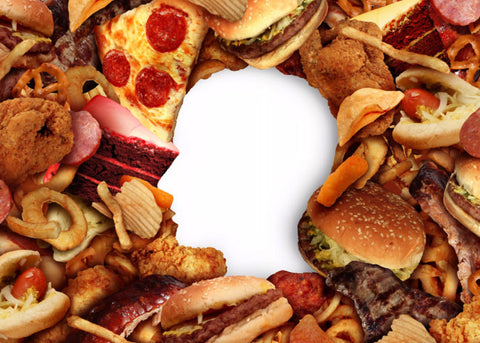
2. Lack of exercise or failure to exercise in the right manner. If you eat more and exercise less, accumulated calories will become the driver to enable your blood glucose to surge. In addition, blood glucose can be lowered after extensive body-building for a long time.
Exercise is the most healthy means for people with diabetes to lower their blood glucose. Developing this habit will help promote the decomposition of muscle glycogen and the use of glucose by peripheral tissues.
3. Irregular lifestyles. For example, if you always work for a long time and cannot fall asleep at midnight, the blood glucose will be easy to spike the next day. Long-term nervousness and tiredness can lower your blood glucose.

4. Unstable emotions. Nervousness, anger, mental stimulation and sympathetic nerve excitement can result in rising blood glucose. However, depression and malaise may bring fluctuations in blood glucose.
5. Trauma and acute infection. Injuries, surgery, acute infections such as fevers, the human body is in a state of stress, and blood glucose will generally rise. As long as these factors are eliminated, blood glucose will return to stability.
6. Special situations of female with blood glucose, covering menstrual cramps or pregnancy, childbirth.
7. Take the medicine with less attention. It should not lower, suspend and change the medicine, covering insulin and oral hypoglycemic drugs without doctors' guidelines, allowing blood glucose to surge in a short time, or vice versa.
8. Side effects of other drugs. For example, thiazide diuretics, glucocorticoid drugs, sex hormones such as contraceptives, etc., are commonly used to increase blood glucose; while salicylic acid, sulfonamides, and diuresis can often cause blood glucose to decrease.
1. Fasting blood glucose fluctuates above 5.55mmol/L which was not on the same day. For instance, the first morning witnesses fasting blood glucose is 5.7mmol/L, and the fasting blood glucose reaches 12mmol/L the following days.
2. The range of blood glucose fluctuates above 11.1mmol/L within a day, other factors should be taken into consideration, such as diet, exercise and medication.
Blood glucose fluctuation is not only a number that can make people feel terrible but its damage should not be underestimated. If you think hyperglycemia is like a tiger, blood glucose fluctuation is more like a tiger. If hyperglycemia and hypoglycemia make your blood vessels dilate and constrict respectively, the fluctuations between these changes will allow your blood vessels to suffer a lot.
Major hazards of fluctuated blood glucose
The first one is to kill pancreatic islet cells, allowing the pancreatic islet β cells to become less and less. As such, blood glucose control is completely dependent on exogenous insulin and lacks the ability to make adjustments on its own.
On the other hand, it is hard to control due to the fact that the body is sensitive to exogenous insulin. When blood glucose rises, a slight increase in the insulin injection dose will lead to hypoglycemia or vice versa.
Reasons behind fluctuations
1. People are prone to disrupt the diet due to unexpected invitations to have dinner with their friends or relatives, leading to a dramatic surge in blood glucose. You should not foster an unsound habit of eating when you feel huger. Meals should be placed at the right time with a certain quantity, thereby developing a favorable circle for your health. If you notice that the blood glucose is higher or lower than normal time after meals, it can be adjusted by adding meals accordingly.

2. Lack of exercise or failure to exercise in the right manner. If you eat more and exercise less, accumulated calories will become the driver to enable your blood glucose to surge. In addition, blood glucose can be lowered after extensive body-building for a long time.
Exercise is the most healthy means for people with diabetes to lower their blood glucose. Developing this habit will help promote the decomposition of muscle glycogen and the use of glucose by peripheral tissues.
3. Irregular lifestyles. For example, if you always work for a long time and cannot fall asleep at midnight, the blood glucose will be easy to spike the next day. Long-term nervousness and tiredness can lower your blood glucose.

4. Unstable emotions. Nervousness, anger, mental stimulation and sympathetic nerve excitement can result in rising blood glucose. However, depression and malaise may bring fluctuations in blood glucose.
5. Trauma and acute infection. Injuries, surgery, acute infections such as fevers, the human body is in a state of stress, and blood glucose will generally rise. As long as these factors are eliminated, blood glucose will return to stability.
6. Special situations of female with blood glucose, covering menstrual cramps or pregnancy, childbirth.
7. Take the medicine with less attention. It should not lower, suspend and change the medicine, covering insulin and oral hypoglycemic drugs without doctors' guidelines, allowing blood glucose to surge in a short time, or vice versa.
8. Side effects of other drugs. For example, thiazide diuretics, glucocorticoid drugs, sex hormones such as contraceptives, etc., are commonly used to increase blood glucose; while salicylic acid, sulfonamides, and diuresis can often cause blood glucose to decrease.


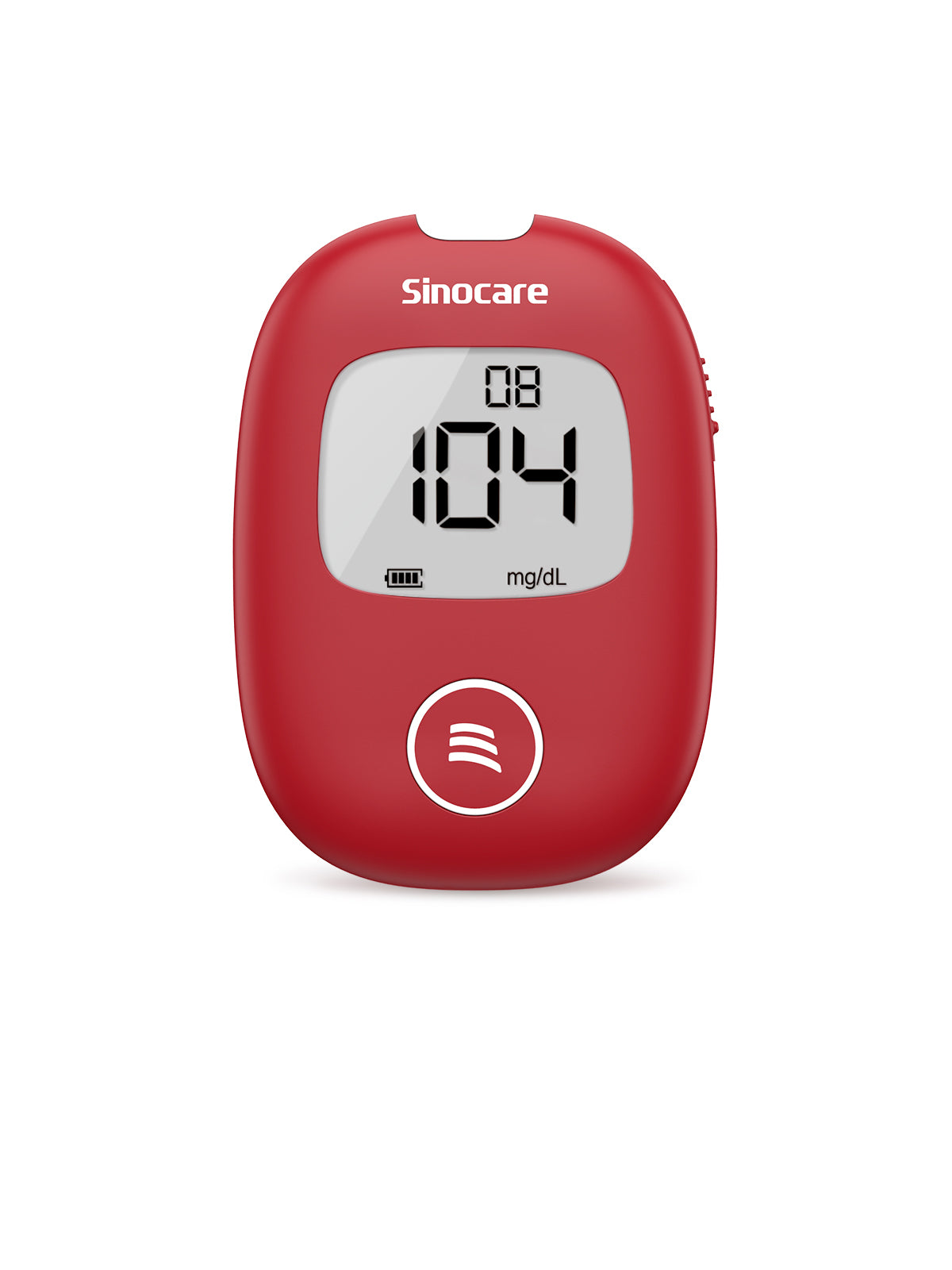
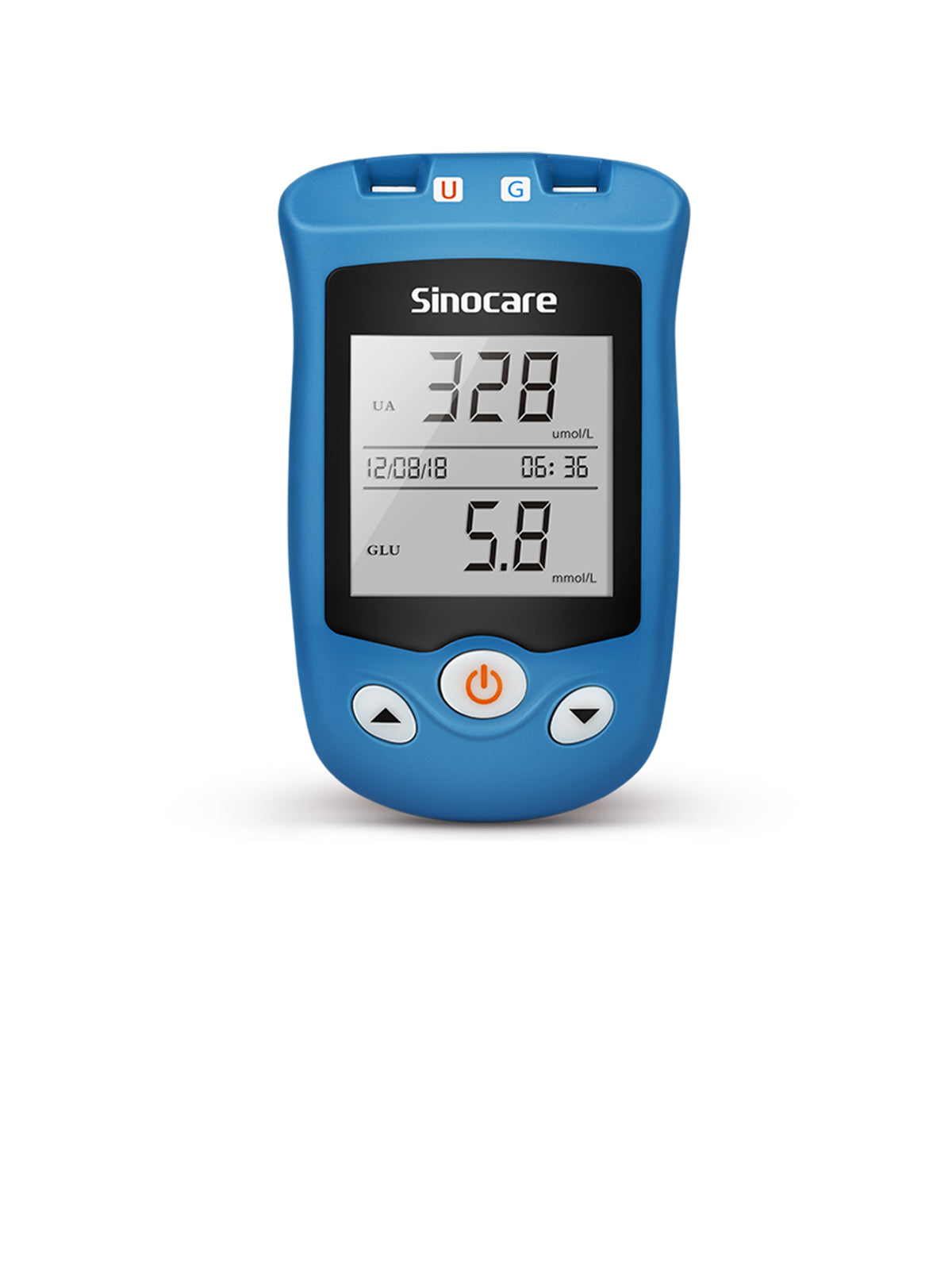
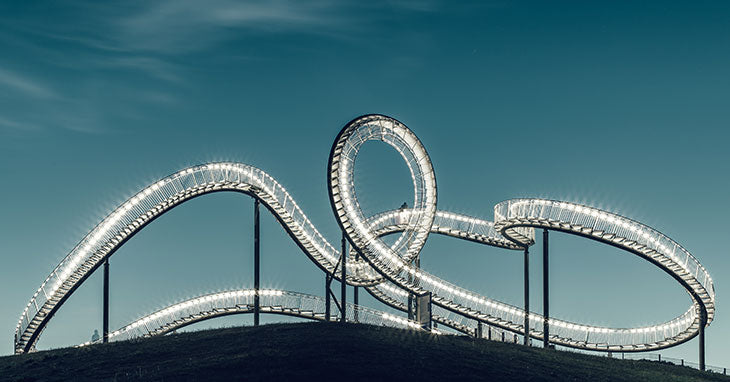
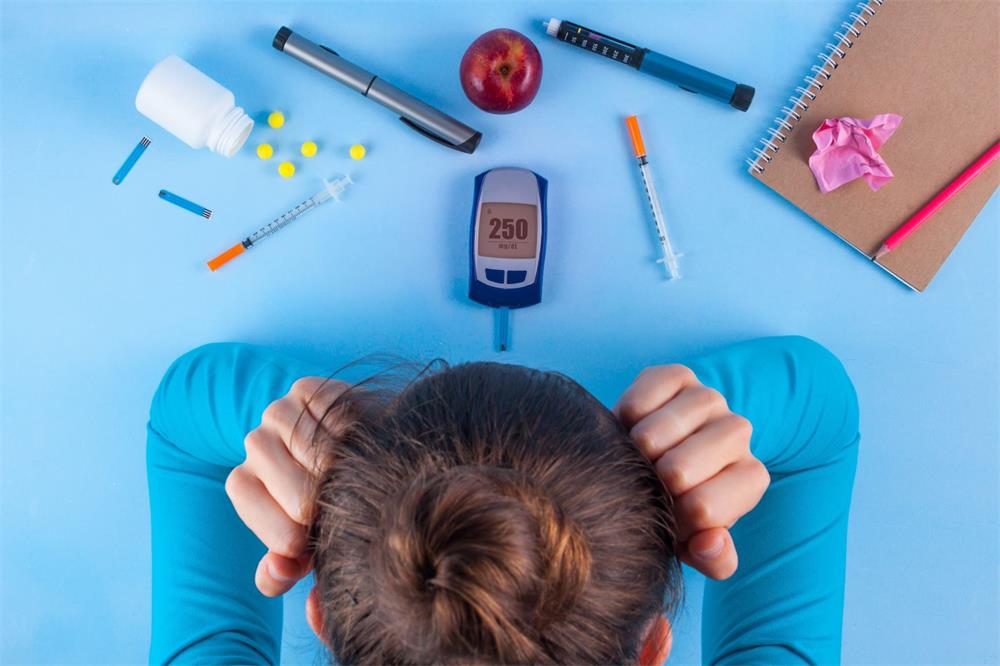
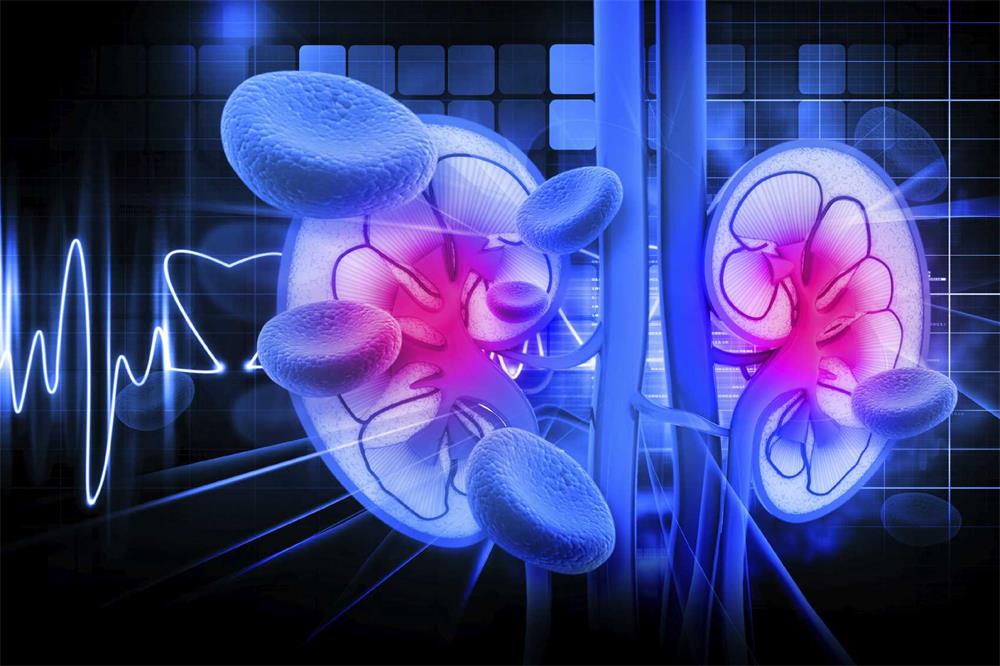



Leave a comment
All comments are moderated before being published.
This site is protected by hCaptcha and the hCaptcha Privacy Policy and Terms of Service apply.